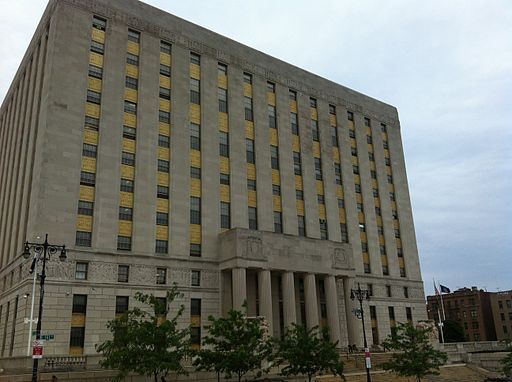Disability Discrimination
“Congress acknowledged that society’s accumulated myths and fears about disability and disease are as handicapping as are the physical limitations that flow from actual impairment.” – William J. Brennan, Jr
Equal Employment
Workplace Violations
Employment Negotiation
Contact Us Now
Connect With Us
Disability Discrimination in the workplace is prohibited by the Americans with Disabilities Act (“ADA”) and many local and state laws. Disability Discrimination occurs when an employer or other entity engages in disparate or a different treatment, that is adverse to an employee or prospective employee with a disability because of their disability. Not every medical condition will qualify as a disability under the law and all questions regarding same should be addressed to an attorney who is knowledgeable in this area.
Disability discrimination can also occur when an employer treats an employee or applicant less favorably because of a history of a disability or because that employee is believed to have a physical or mental impairment that is not transitory (lasting or expected to last six months or less) and minor, even if she does not have such an impairment.
The law requires an employer to provide a reasonable accommodation to an employee or job applicant with a disability, unless doing so would cause significant difficulty or expense for the employer, which is know as an undue hardship. A reasonable accommodation is any change in the work environment (or in the way things are usually done) to help a person with a disability apply for a job, or enjoy the benefits or privileges of employment. Further, the ADA protects people from discrimination based on their relationship with a person with a disability, even if they do not themselves have a disability.
If you or someone you know is experiencing disability discrimination, you should speak with an attorney who specializes in employment law.







